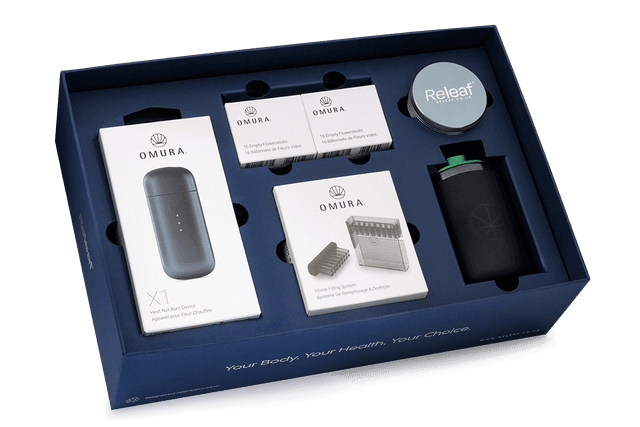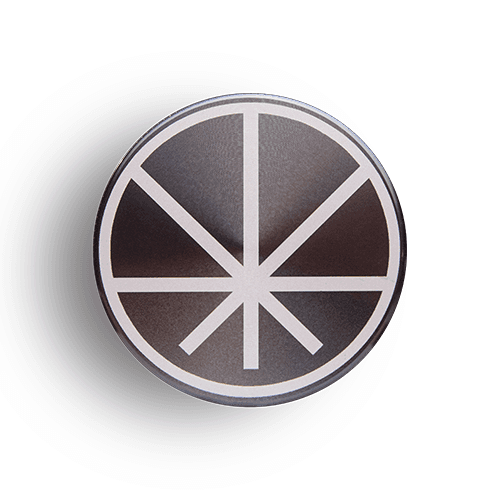This long-term insomnia may lead to a host of physical and mental health problems, from depression, psychosis, and paranoia to hypertension and increased cancer and heart health risk.
When sleep eludes you, any treatment that will bring rest and relief is worth considering. Unfortunately, pharmaceutical sleep aids can (and often do) have some unpleasant side effects, and may not bring about the quality sleep necessary for good health. Could complementary therapies like hemp seed oil or other medical cannabis derivatives help to aid restful sleep? Let’s have a look.
Hemp seed oil vs CBD oil: What’s the difference?
First of all, it is important to distinguish between hemp seed oil, hemp oil, and CBD oil as these terms are regularly used interchangeably, and incorrectly.
Hemp seed oil is an edible oil that’s cold-pressed from the seeds of the cannabis sativa L. plant. It has a pleasantly mild and nutty taste and can be taken as a health supplement, used to stir-fry or bake, or even to make salad dressings. Being packed with antioxidants, it has naturally inflammatory benefits and is rich in omega-3 fatty acids.
Cannabidiol (CBD) oil, on the other hand, is made from the stems, leaves, and buds of the cannabis plant. CBD is one of the primary cannabinoids found in the cannabis plant. While studies also attribute antioxidant and anti-inflammatory properties to CBD, it can also help to restore hormonal balance (including the sleep hormone melatonin), mitigate the effects of anxiety and promote relaxation.
Because CBD oil can be described and marketed as hemp oil, this may lead to some confusion as to what chemical compounds a product contains and how it may help with sleep.
What causes insomnia?
In order to address insomnia, one must first address the causes of insomnia. These are many and varied, ranging from sleeping conditions such as ambient temperature or uncomfortable bedding to personal anxieties and mental health issues.
Some of the most common causes of insomnia include:
- Stress and anxiety
- Caffeine and/or alcohol use
- Depression
- Chronic pain
- Some medications, including certain antidepressants, blood thinners, and medicines for epilepsy
Where insomnia is caused by physical and mental health conditions, it’s best to target the causes of these conditions in order to manage the insomnia itself. Fortunately, the potential anti-inflammatory, anxiolytic, and antioxidant qualities of many chemical compounds found in the cannabis plant can aid restful sleep while also helping to address the causes of insomnia.
Does hemp seed oil help with sleep?
Depending on the cause of the individual’s sleep disorder, hemp seed oil may or may not help with sleep.
Because hemp seed oil has anti-inflammatory properties, it may prevent sleep loss caused by pain and discomfort from inflammatory autoimmune conditions. For instance, a 2014 study indicates that orally-administered hemp seed oil may help to relieve joint pain caused by rheumatoid arthritis. The same anti-inflammatory properties may also prevent sleep loss caused by painful or itchy inflammatory skin conditions. Because hemp seed oil is high in fibre, it may help to alleviate insomnia caused by bloating or constipation. It is also rich in linoleic acid, so it can also help to lower blood pressure and mitigate the risk of hypertension in those who experience insomnia.
CBD oil, on the other hand, affects the body in a slightly different way to help induce sleep and alleviate insomnia. CBD is one of the primary cannabinoids found in the cannabis plant, and it interacts with receptors throughout the body and brain in very specific ways.
This long-term insomnia may lead to a host of physical and mental health problems, from depression, psychosis, and paranoia to hypertension and increased cancer and heart health risk.
When sleep eludes you, any treatment that will bring rest and relief is worth considering. Unfortunately, pharmaceutical sleep aids can (and often do) have some unpleasant side effects, and may not bring about the quality sleep necessary for good health. Could complementary therapies like hemp seed oil or other medical cannabis derivatives help to aid restful sleep? Let’s have a look.
Hemp seed oil vs CBD oil: What’s the difference?
First of all, it is important to distinguish between hemp seed oil, hemp oil, and CBD oil as these terms are regularly used interchangeably, and incorrectly.
Hemp seed oil is an edible oil that’s cold-pressed from the seeds of the cannabis sativa L. plant. It has a pleasantly mild and nutty taste and can be taken as a health supplement, used to stir-fry or bake, or even to make salad dressings. Being packed with antioxidants, it has naturally inflammatory benefits and is rich in omega-3 fatty acids.
Cannabidiol (CBD) oil, on the other hand, is made from the stems, leaves, and buds of the cannabis plant. CBD is one of the two 'major' cannabis derived cannabinoids. While studies also attribute antioxidant and anti-inflammatory properties to CBD, it can also help to restore hormonal balance (including the sleep hormone melatonin), mitigate the effects of anxiety and promote relaxation.
Because CBD oil can be described and marketed as hemp oil, this may lead to some confusion as to what chemical compounds a product contains and how it may help with sleep.
What causes insomnia?
In order to address insomnia, one must first address the causes of insomnia. These are many and varied, ranging from sleeping conditions such as ambient temperature or uncomfortable bedding to personal anxieties and mental health issues.
Some of the most common causes of insomnia include:
- Stress and anxiety
- Caffeine and/or alcohol use
- Depression
- Chronic pain
- Some medications, including certain antidepressants, blood thinners, and medicines for epilepsy
Where insomnia is caused by physical and mental health conditions, it’s best to target the causes of these conditions in order to manage the insomnia itself. Fortunately, the potential anti-inflammatory, anxiolytic, and antioxidant qualities of many chemical compounds found in the cannabis plant can aid restful sleep while also helping to address the causes of insomnia.
Does hemp seed oil help with sleep?
Depending on the cause of the individual’s sleep disorder, hemp seed oil may or may not help with sleep.
Because hemp seed oil has anti-inflammatory properties, it may prevent sleep loss caused by pain and discomfort from inflammatory autoimmune conditions. For instance, a 2014 study indicates that orally-administered hemp seed oil may help to relieve joint pain caused by rheumatoid arthritis. The same anti-inflammatory properties may also prevent sleep loss caused by painful or itchy inflammatory skin conditions. Because hemp seed oil is high in fibre, it may help to alleviate insomnia caused by bloating or constipation. It is also rich in linoleic acid, so it can also help to lower blood pressure and mitigate the risk of hypertension in those who experience insomnia.
CBD oil, on the other hand, affects the body in a slightly different way to help induce sleep and alleviate insomnia. CBD is one of the primary cannabinoids found in the cannabis plant, and it interacts with receptors throughout the body and brain in very specific ways.





